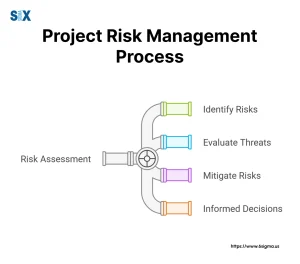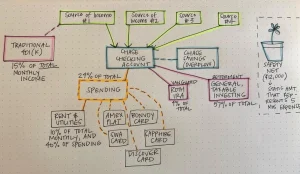
Financial inclusion is a global policy goal to expand access to finance. It links in with other development needs, including health, education, housing, and access to markets.
Financial services are needed to help people earn, save, and manage their money to support their families and build assets. They are also essential for micro, small and medium enterprises to grow and create jobs.
CGAP
CGAP’s mission is to promote financial inclusion and microfinance so that all people have access to affordable and reliable services. This will help people and businesses to seize opportunities, build resilience and contribute to a more inclusive and sustainable world.
There is a growing body of evidence that shows the positive impact that financial services can have on poverty alleviation, human development, resilience in times of crisis and other measures of human progress. However, there are still some unanswered questions about the impact of financial services, particularly on the livelihoods and resilience of poor people.
For example, a lack of adequate consumer protection regulation and supervision leads to abuses. These abuses have been linked to mental health issues, restrictive social norms and bad practices by microfinance actors.
To tackle this issue, regulators should adopt activity-based approaches that apply a consistent customer protection framework to the increasingly diverse types of companies providing microloans. This will help to improve the customer experience and make microfinance more transparent and fair for all stakeholders.
World Bank
The World Bank is one of the world’s largest sources of funding and knowledge for developing countries. Its five institutions share a commitment to reducing poverty, increasing shared prosperity, and promoting sustainable development.
The Bank’s mission is to promote financial inclusion and microfinance worldwide by enabling people and micro- and small enterprises to access affordable, quality savings, credit, and payment services. This mission includes helping to develop financial infrastructure such as payment systems, banking and microfinance institutions, and regulatory frameworks that underpin financial inclusion.
While financial inclusion and microfinance have been a main focus of the World Bank for many years, there is still a lot of work to be done. In particular, the Bank is committed to ensuring that all people can have a transaction account (which allows them to store money and send and receive payments).
This is an important first step toward financial inclusion because it allows everyone to take advantage of opportunities for savings and access to other financial services. It also helps to build the foundations for further financial services that can help people improve their lives and the livelihood of their families.
Credit Suisse
Credit Suisse has been a leading partner for many years in promoting financial inclusion and microfinance. Besides providing investment capital, the bank also contributes to developing these sectors through capacity building and training.
With its Microfinance Capacity Building Initiative (MCBI), Credit Suisse supports the development of microfinance institutions and enables their management to strengthen their strategic capabilities and develop new products. Since the MCBI started in 2002, over 4,000 MFIs were trained and over 380,000 people received access to credit.
The bank’s recent string of losses, high-profile risk management failures and top leadership changes have put it under scrutiny. The firm lost more than $5 billion in the collapse of Archegos Capital Management, had to freeze client funds linked to failed financier Greensill and was fined hundreds of millions for a loan scandal in Mozambique.
It is attempting to reassure investors that it has enough cash to withstand a crisis. It is considering a 4 billion-franc capital increase to pay for a series of cost cuts and an overhaul of its investment bank and wealth management business.
Partnership for Financial Inclusion
The Partnership for Financial Inclusion and Microfinance is a collaborative effort among leading international organizations working to promote financial inclusion and microfinance around the world. The group, formerly known as the Microfinance CEO Working Group, advocates for responsible financial services and seeks catalytic opportunities to accelerate access to the unserved.
The Partnership aims to build strong, financially inclusive institutions that can deliver quality products and services to the poor. This includes providing microfinance services, facilitating access to credit and other financial services for small businesses, and building community level associations.
While the primary goal of microfinance organizations is to increase social impact, they also need to be financially profitable. This can be challenging to achieve.
To make this happen, MFIs can partner with commercial banks to enhance their outreach and sustainability, as well as transfer knowledge and best practices from the bank to the MFI. This book explores two case studies that illustrate the motivations, objectives and operational dynamics of this approach.








